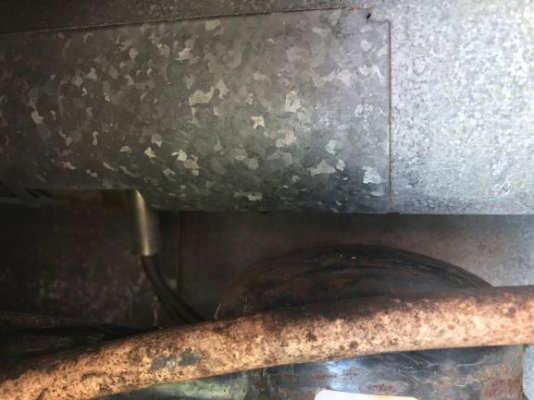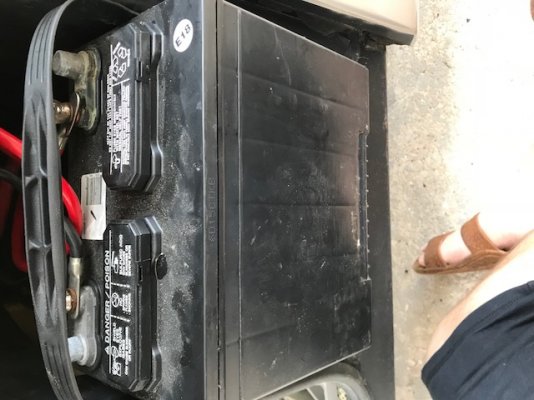RamblingJohn
Well-known member
My rig has a 45 amp old Todd Engineering converter that is not working. It may be a fuse or something but I can't store the rig at home and I just want to replace the converter and know I have modern technology. I purchased a 45 amp PD 9100 (without the Wizard). I didn't know about the wizard when I bought it. I plan on getting that as well.
I have two brand new car batteries (don't know the brand, etc. as I can't look at them now) that are 12V, hooked up in parallel (installed by the used car dealer). Is the converter I just bought sufficient? Does it limit me in some way? I've looked at amperage averages for some things and it seems like 45 amp will be sufficient but I don't want to make this purchase twice. I may upgrade the sound system at some point and I plan on replacing the two CRTs with LCD displays.
Also, my batteries got down to about 3V because I thought they were being charged from shore power and I discovered they only are charging when the engine is running (haven't checked with the generator yet). How bad is that?
Any thoughts welcome. I haven't opened the box yet so I could still return if I decide to go with a bigger converter. How do you like the wizard feature? I'm bummed I didn't know about it when I made the purchase.
I have two brand new car batteries (don't know the brand, etc. as I can't look at them now) that are 12V, hooked up in parallel (installed by the used car dealer). Is the converter I just bought sufficient? Does it limit me in some way? I've looked at amperage averages for some things and it seems like 45 amp will be sufficient but I don't want to make this purchase twice. I may upgrade the sound system at some point and I plan on replacing the two CRTs with LCD displays.
Also, my batteries got down to about 3V because I thought they were being charged from shore power and I discovered they only are charging when the engine is running (haven't checked with the generator yet). How bad is that?
Any thoughts welcome. I haven't opened the box yet so I could still return if I decide to go with a bigger converter. How do you like the wizard feature? I'm bummed I didn't know about it when I made the purchase.


